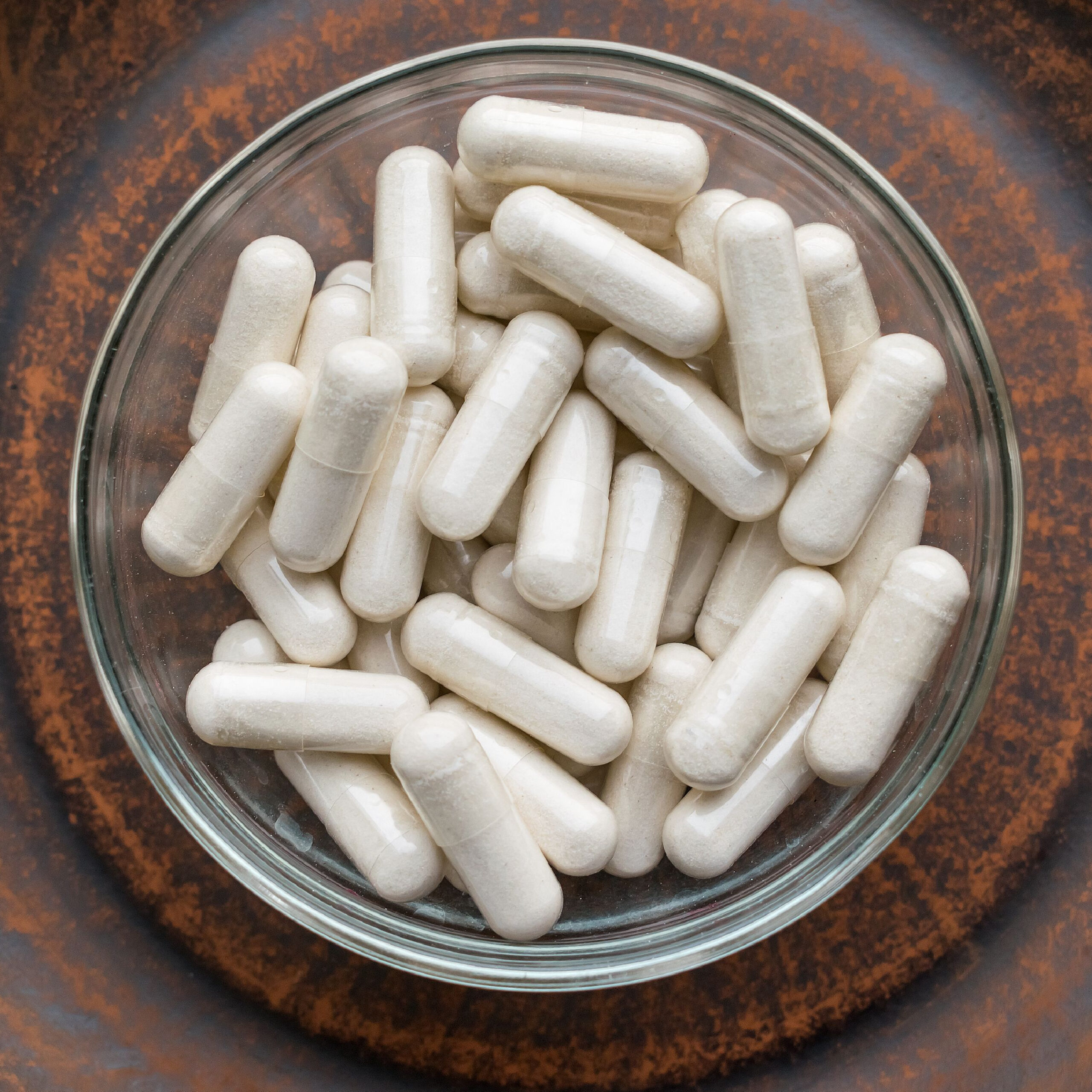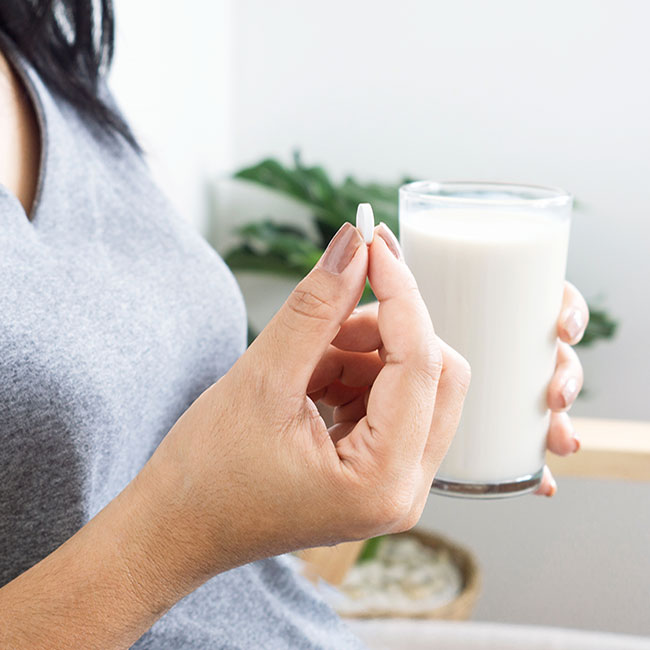Managing your stress levels is an important part of maintaining overall health. Stress plays a major role in many aspects of your wellness, from your gut health to your weight and, of course, your mental health. Luckily, there are many steps you can take in order to reduce stress and find a greater sense of calm. You may even try taking a daily supplement that can help regulate your nervous system. However, it’s important to remember that most supplements come with potential risks and can even be dangerous if you’re not careful. There’s one stress supplement in particular that could lead have adverse effects when consumed in high doses: Kava.
To learn more about the health risks of kava and get some tips for safely consuming this stress supplement, we checked in with Dr. Hilda Wong, MD. She told us that while kava is generally safe in moderation, there are a few risks to consider, including possible liver damage. Read on for all of her expert insight.


Potential Health Risks of Kava
Kava is one popular supplement that many people take in order to lower their stress levels. It's derived from the roots of the Piper methysticum root and is well-known for its sedative effects. However, it's important o proceed with caution if you plan on adding this supplement to your daily regiment.
"Research has indicated potential risks associated with kava consumption, with the most significant concern being liver damage," Dr. Wong says. She also notes that "some individuals have reported cases of hepatotoxicity, which can lead to severe liver injury."
This is largely because kava can reduce your levels of glutathione, an antioxidant naturally found in the liver, as well as limit the effects of certain enzymes in your liver that work to metabolize drugs. Taking kava may pose a higher risk if you are experiencing or have previously experienced liver damage. Additionally, it's important to limit alcohol consumption while taking this supplement. (Of course, limiting alcohol consumption is a good idea for your overall health, as well—and even for your skin!)
Does this mean you should steer clear of kava at all costs? Not necessarily, below, we'll go over a few safety tips to keep in mind.

How to Safely Consume Kava
Dr. Wong offers some safety guidelines for consuming kava to reduce stress. First, she stresses, it's always important to consult a healthcare professional before starting kava supplementation, "especially if you have pre-existing liver conditions or are taking medications that may interact with kava." This is always a good rule to follow, regardless of the supplement.
Additionally, Dr. Wong says, you should "limit the dosage and duration of use, as prolonged or excessive intake may increase the risk of adverse effects."
It's also crucial to pay attention to the produce you're using. "Choose reputable sources to ensure the product is of high quality and free from contaminants," she instructs.
Finally, as we mentioned before, it's crucial to avoid consuming kava with alcohol or other substances that may cause damage to your liver.

The bottom line
In most cases, kava is fine when consumed in moderation—and may even help you lead a less stressful life. However, it's always important to be aware of the risks that can come with supplements and make smart decisions. Kava is no exception.
If you don't want to take the risk, there are plenty of other ways to reduce stress without supplements. Wong says that "safer alternatives for anxiety and relaxation include techniques such as mindfulness, meditation, yoga, and cognitive-behavioral therapy" and recommends herbal alternatives such as chamomile, passionflower, and valerian root, which is also great for sleep.
"It's essential to discuss any new supplement or approach with a certified healthcare professional to ensure safety and efficacy for individual needs," she concludes.


























